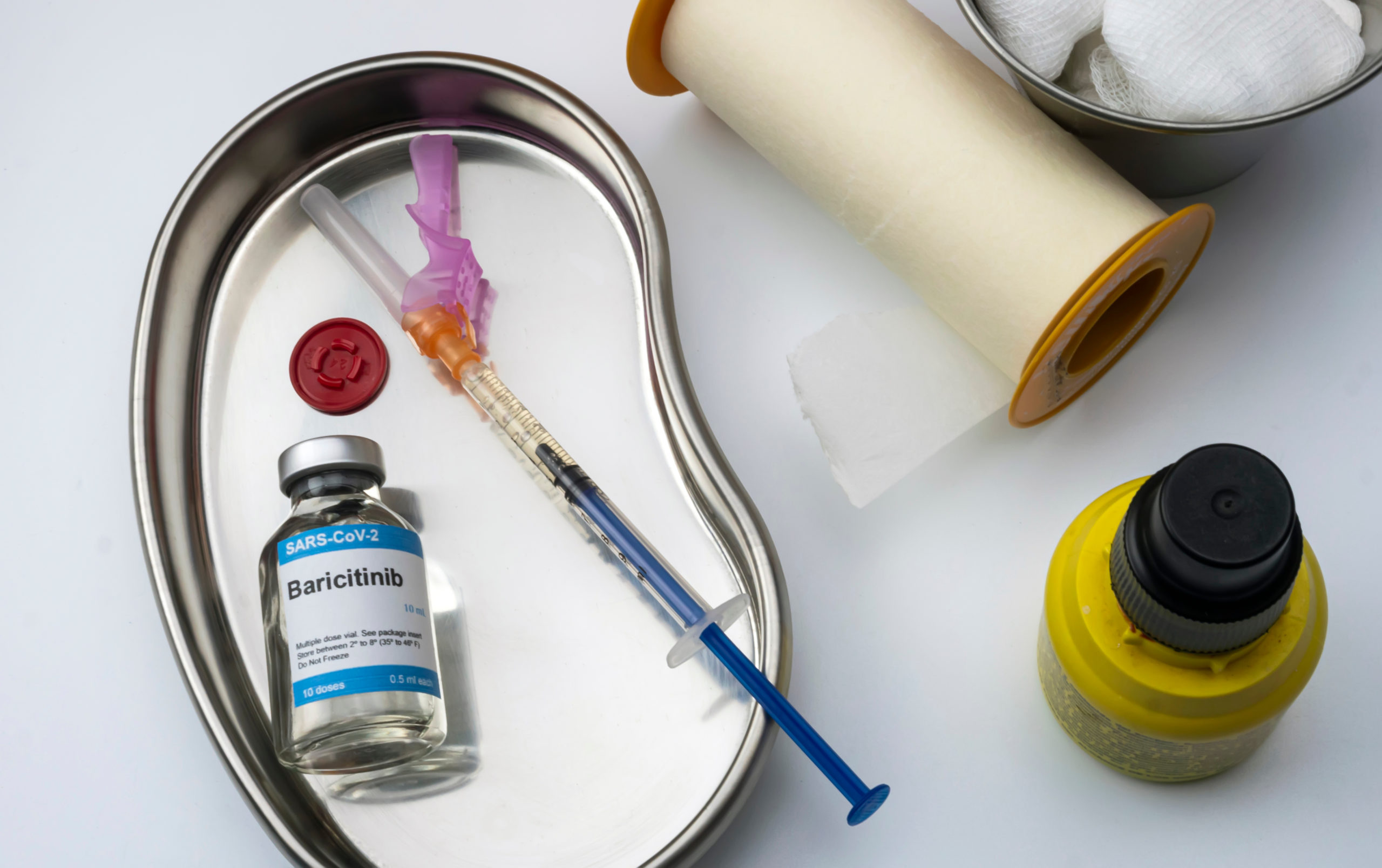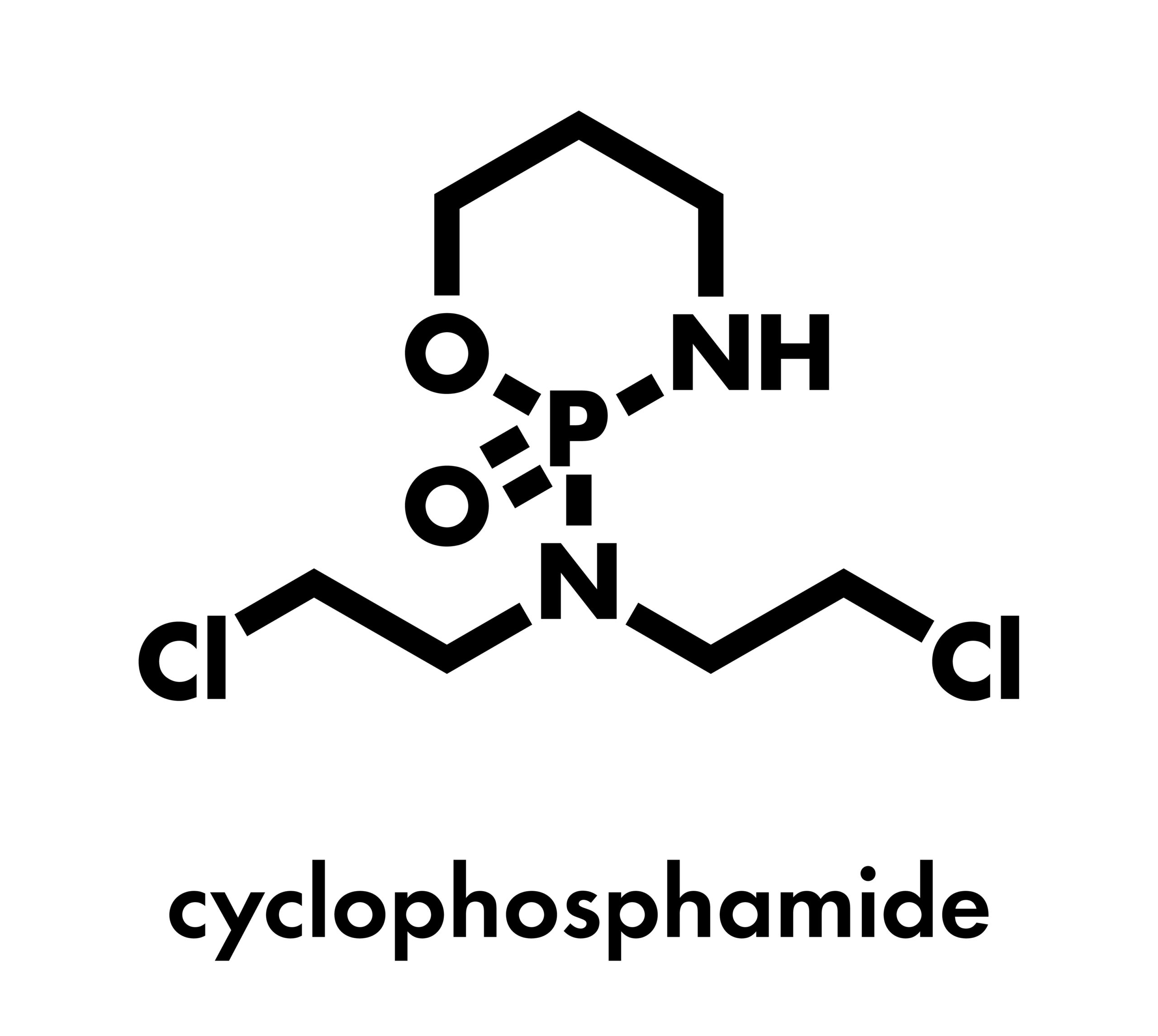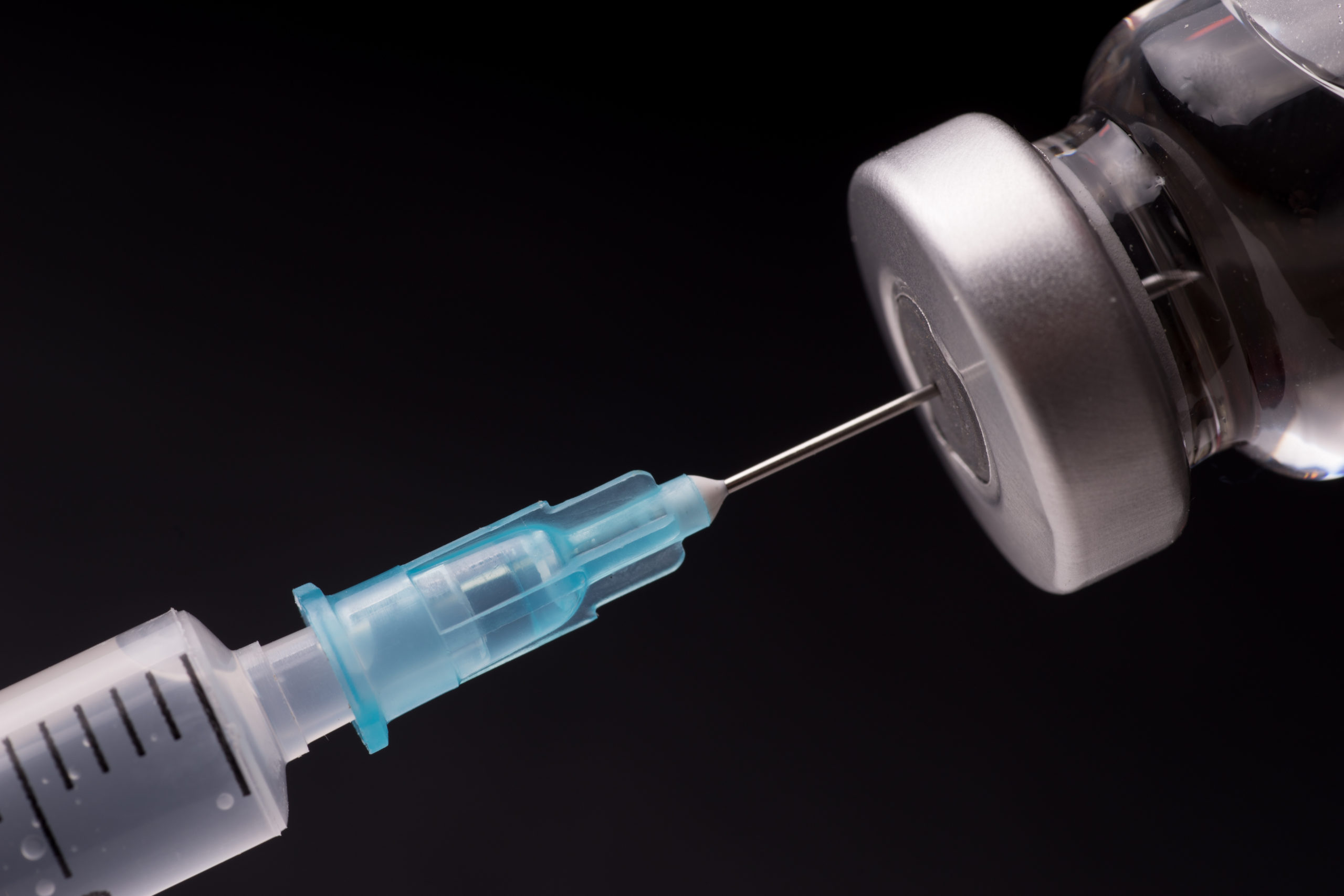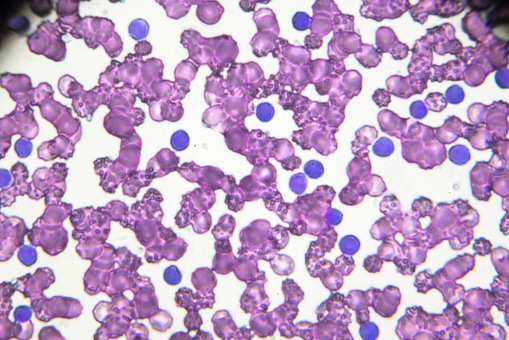
Patients who recover from grade 3-4 acute graft-versus-host disease (aGVHD) after allogeneic hematopoietic cell transplantation (HCT) demonstrated greater risk for late comorbidities, higher rates of nonrelapse mortality (NRM), and lower overall survival (OS) compared with patients who recovered from grade 0-1 aGVHD, according to Nahid Rashid, MD, and colleagues. Dr. Rashid presented the group’s study at the 64th ASH Annual Meeting and Exposition.
The study enrolled 192 patients with grade 3-4 aGVHD and 615 patients with grade 0-1 aGVHD after undergoing HCT between 2001 and 2019 who survived at least 1 year posttransplant. Participants completed annual surveys to provide data on minor, intermediate, and major late medical comorbidities, Karnofsky performance scale, quality of life, and general health. Authors noted that patients with grade 2 aGVHD were excluded given the focus on severe aGVHD and intermediate prognoses associated with grade 2 aGVHD.
Severe aGVHD Survivors Show Increased Risk for Late Events
Over a median follow-up time of 7.2 years (range, 3.4-13.0 years), patients with a history of grade 3-4 aGVHD exhibited significantly higher rates of late medical comorbidities:
- Minor hazard ratio (HR): 1.11 (95% CI, 1.04-1.19)
- Intermediate HR: 1.27 (95% CI, 1.19-1.36)
- Major HR: 1.27 (95% CI, 1.16-1.39; P<.001)
Moreover, patient-reported outcomes from severe aGVHD survivors showed worse physical (P=.01) and mental (P=.04) functioning compared with patients who had grade 0-1 aGVHD. Among patients with severe aGVHD who survived more than 1 year, researchers also found worse rates of OS (77.5% vs 83.6%; P=.006) and NRM (19.2% vs 10.6%; P<.001) compared with patients with less severe aGVHD.
The authors noted that no difference was seen in cumulative incidence of chronic GVHD between the groups, which they suggested could be due to the omission of grade 2 aGVHD subjects as well as the small sample size of patients with grade 3-4 aGVHD.
Ultimately, Dr. Rashid and colleagues concluded survivors of grade 3-4 aGVHD remained vulnerable to poorer outcomes, and they suggested “these patients would likely benefit from continued monitoring and supportive care to try to prevent late effects and improve survival.”
More From ASH: Baricitinib Plus Standard GVHD Prophylaxis: Phase 1 Results







 © 2025 Mashup Media, LLC, a Formedics Property. All Rights Reserved.
© 2025 Mashup Media, LLC, a Formedics Property. All Rights Reserved.